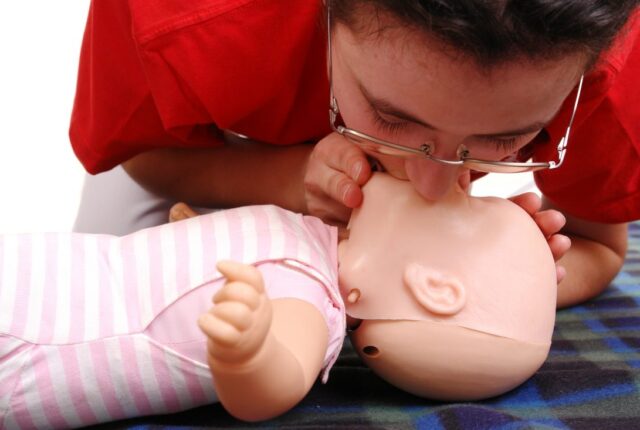
COURSE DESCRIPTION
Controlling the spread of infection is vital in a wide variety of workplaces, including hospitals, care homes, schools and nurseries, in fact, anywhere people live and work together. This qualification raises employees’ awareness of minimising the risk of infection. It is essential that employees are aware of the hazards and controls associated with the spread of infection at work. This is not only important to ensure they themselves are protected, but also to reduce the risk to others around them. One of the higher risk environments is healthcare. Every year a significant number of people are made ill or die as a direct result of the spread of infections. Healthcare providers have both a legal and moral obligation to make certain that they are not contributing to these statistics by ensuring their staff are effectively trained and ideally hold a relevant qualification.
CERTIFICATION
Upon completion delegates will gain knowledge, skills, strategies and understanding on infection and prevention control.They will also receive train the trainer certificate which is valid for 3 years.
LEARNING OUTCOMES
- Law and Legislation governing Infection and Prevention Control
- Facts about Infection
- Chain of Infection
- Causes and spread of Infection
- Definitions of infection and colonisation
- Standard Precautions
- What micro–organisms cause infection
- The different types of organisms
- How micro-organisms grow and can be spread
- Preventing and controlling the spread of infection
- Main roots of infection
- Clinical waste – RIDDOR/COSHH
- Sharps Disposal
- Importance of Personal Protective Equipment
- MRSA and Clostridium Difficile
- Principles of Effective Hand Hygiene
- Legislation and guidance relating to Infection Prevention and Control
- Roles, responsibilities & boundaries of care workers in relation to infection prevention and control
- Management of Laundry
- Cleaning of Equipment
- Reporting of notifiable infections and diseases – RIDDOR
- Bristol Stool Form Scale
- National Colour Coding Scheme
- Risk Assessment
- Person–centred approach to personal care
- Specific infection and communicable diseases
- Written Assessments


